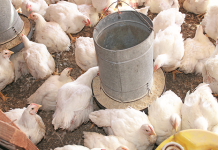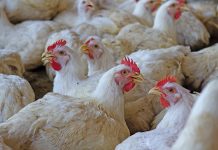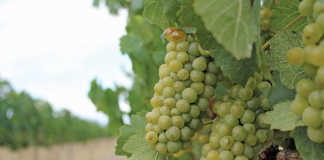World Food Day has been held on 16 October every year since 1975, when the Food and Agriculture Organisation (FAO) was born. On this day, we are meant to think not only of those who suffer true starvation, but about the millions of families who go to bed on empty stomachs.
According to the FAO, the number of hungry people has fallen from last year’s historic high of more than one billion. However, there are still 925 million hungry people on the planet. So, while some lucky people did receive food packages on World Food Day, there’s no escaping the fact that 16 October was another “No Food Day” for millions.
Of course, the only way to address food insecurity is through agriculture. While attending the Tshwane World Food Day event, I couldn’t help noticing that the majority of people there were women.
This confirmed for me what many have already said: women hold the key to eradicating hunger. However, for this to become a reality, several things need to be addressed.
FAO statistics show that, on average, women comprise 43% of the agricultural labour force in developing countries, yet in rural areas they have less access than men to productive resources and opportunities.
Closing the gender gap in agriculture in developing countries will go a long way towards addressing hunger. Many of the gardens and smallholder plots on the outskirts of our townships are run by women, not because they’re bored, but to make sure their families eat properly.
A good example of what can be achieved is shown by Marriam Mulungu. She runs a mixed farming enterprise in Bronkhorstspruit outside Pretoria, and was invited to Tshwane’s World Food Day event to give a word of encouragement to attendees.
Marriam’s achievements show that the issue of food security can be addressed much more quickly and effectively if women have the same access to productive resources as men (Farmer’s Weekly, 30 September, 2011).
The FAO points out that women have the potential to increase yields on farms by 20-30%. This could raise total agricultural output in developing countries by as much as 4%. And this, in turn, could reduce the number of hungry people in the world by up to 17%!
At the gathering, Marriam said that, with women at the forefront, there would be no child or man going to bed hungry.
Achieving gender equality and empowering women in agriculture is not only morally right – it could make a critical difference to putting more food on tables everywhere.
When people are hungry, it’s profoundly difficult to snap the chains of poverty. And hungry children suffer most of all: they cannot grow, learn and develop. What will this mean for our future?












